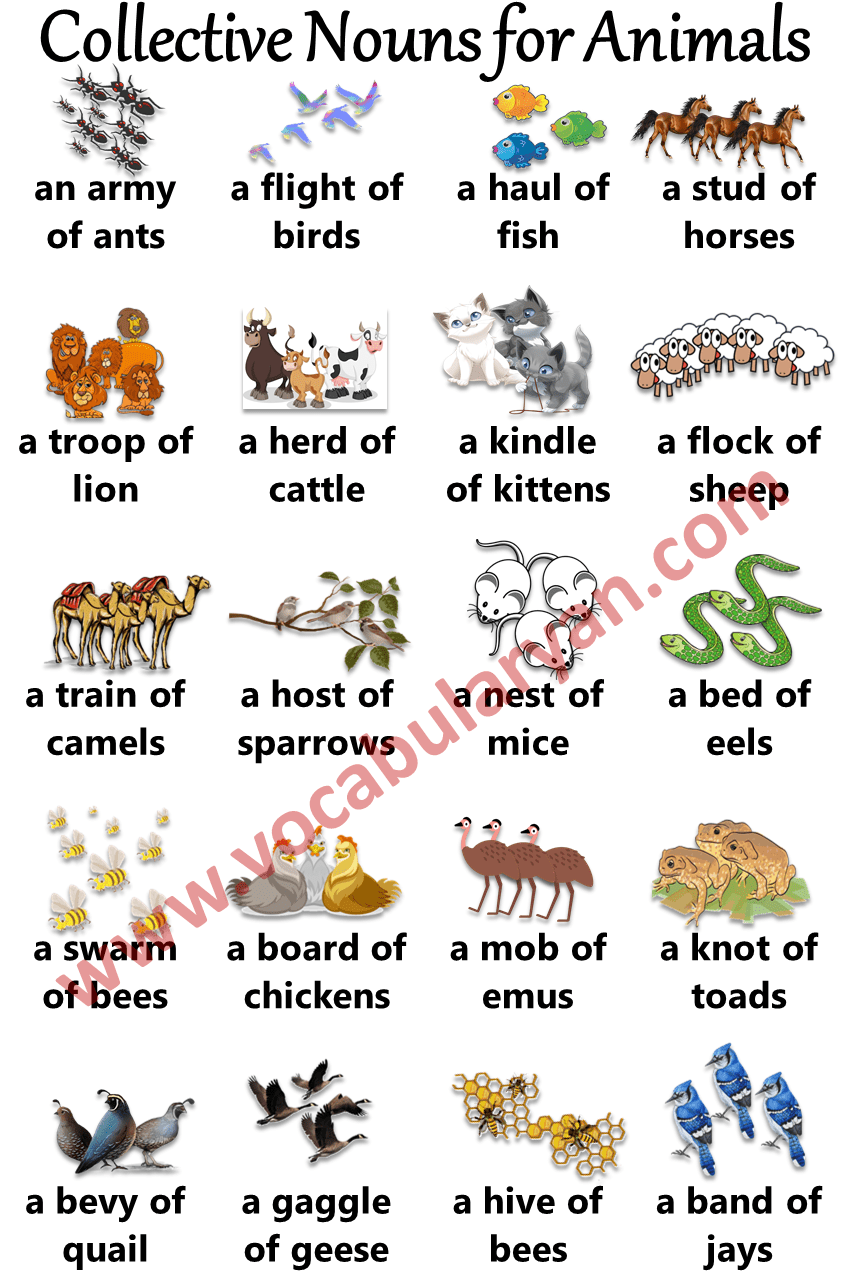Animals, both wild and domestic, often gather in groups known as collective nouns. These terms can be whimsical, descriptive, or even historical in nature, adding an extra layer of fascination to the animal kingdom. Let’s delve into some of the most interesting collective nouns that are sure to pique your curiosity.
1. A murder of crows: Crows are highly intelligent birds known for their eerie calls and dark plumage. When gathered in a group, they are referred to as a “murder,” a term that reflects their mysterious and sometimes ominous presence.
2. A parliament of owls: Owls are nocturnal creatures with keen eyesight and silent flight. When a group of owls congregates, it is called a “parliament,” a nod to their perceived wisdom and solemn demeanor.
3. A crash of rhinoceroses: Rhinoceroses are massive, powerful mammals with thick skin and formidable horns. When several rhinos come together, it is known as a “crash,” a term that highlights their imposing and potentially destructive nature.
4. A dazzle of zebras: Zebras are known for their distinctive black and white stripes, which create a mesmerizing visual effect when they move together in a group. This collective noun, “dazzle,” captures the striking beauty and uniqueness of these herbivorous animals.
5. A flamboyance of flamingos: Flamingos are iconic birds with vibrant pink plumage and long, slender legs. When gathered in a flock, they are called a “flamboyance,” a term that perfectly encapsulates their showy and flamboyant appearance.
Collective nouns for animals not only serve a practical purpose in language but also offer a glimpse into the rich tapestry of the natural world. From the regal parliament of owls to the dazzling flamboyance of flamingos, these terms add a touch of whimsy and wonder to our understanding of the animal kingdom.
In conclusion, exploring the fascinating collective nouns for animals can deepen our appreciation for the diverse and captivating creatures that share our planet. Whether it’s a murder of crows or a flamboyance of flamingos, these terms enrich our vocabulary and spark our imagination when it comes to the remarkable world of animals.
